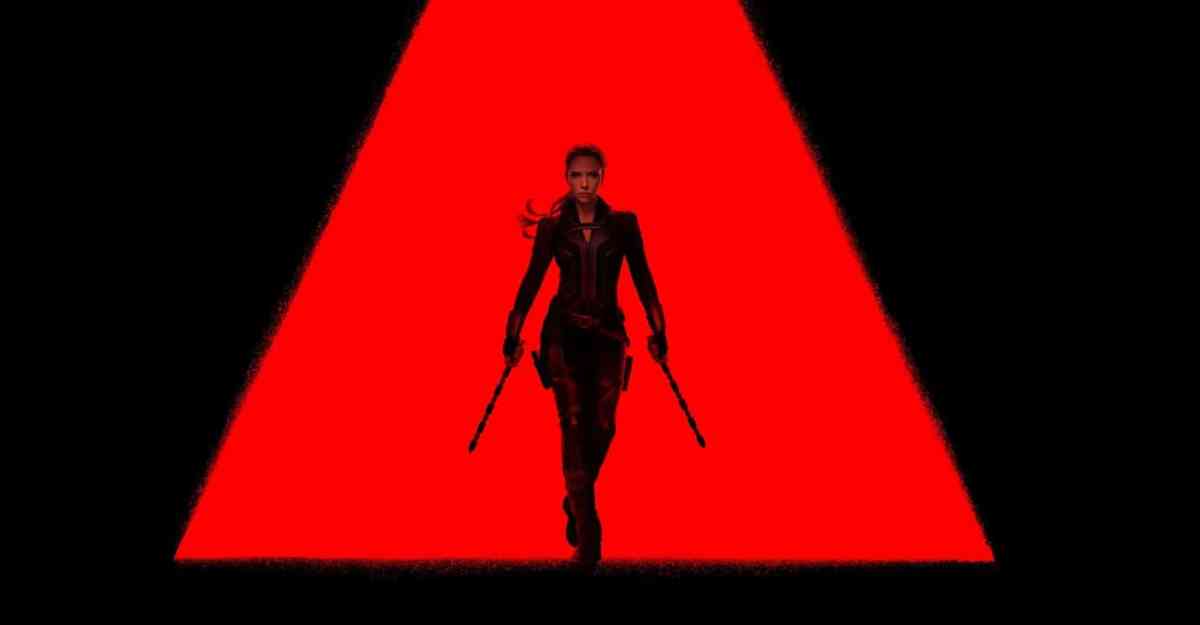The state of nature was an argumentative device employed by political philosophers such as Thomas Hobbes, John Locke, and Jean-Jacques Rousseau that presumed a complete absence of government beyond each individual’s own judgment. This metaphorical state was invoked in order to prove their preferred form of government was not just the best government, but that government was essential to humanity’s existence because it raised us above the state of nature and provided us with protection from the depredations of our fellow man. The arguments they made for absolute monarchy, constitutional monarchy, or radical democracy were closely tied to the conclusions about human nature that their interpretation of the state of nature afforded them; Hobbes famously stated that life in the state of nature was “nasty, brutish, and short,” reflecting a lack of faith in humanity which informs his belief in absolute monarchy as the best form of government.
In particular, Hobbes’ state of nature retains its relevance in the study of modern international relations; while nations of people have long collected themselves under government, the international realm remains characterized by the distrustful “war of all against all,” without a sovereign archgovernment to hold them in awe and force them to conform to international law. The assumption that the international system is defined by a form of anarchy as laid out by Hobbes and Locke in the state of nature is a key tenant of liberal and realist paradigms of thought, both of which have shared the limelight as the guiding schools of thought in the foreign policy of Western nations for at least a hundred years.
EVE Online‘s universe, being a political and economic microcosm, can be interpreted in the same way. The primary concern of individuals – and thus the states they create – is self-preservation. The survival instinct drives humanity in the state of nature, draws it together to form government and proceeds to dictate states’ actions in the international arena. This instinct is still at work in EVE, through the cost-benefit mechanism that replaces the basic biological desire to live on the individual level – which we explored in the last installment of Tech Two Livestock. At the corporation level and beyond, we can interpret the decisions of player collectives in much the same way as the realist or liberal paradigms may analyze real world interactions between political entities in the anarchic international system, as these collectives do have a unitary interest in survival – for if an alliance “dies,” it truly is no more and will never again exist in its former state – and a responsibility to protect their members.
Alliances are the space-holding sovereigns of EVE, and the greater blocs that they organize themselves into – alliances among alliances – are the ever-shifting counterbalances on the scale of power. Indeed, EVE‘s political landscape follows a cycle of alliance making and breaking that has since gone out of style in the real world, with the strong doing what they can and the weak doing what they must, in an unending Melian dialogue. Jockeying for power in the realist’s ideal zero-sum ballet, every action has an equal and opposite reaction and all sides are equally balanced in the end. It is reminiscent of the multipolarity – the presence of many major powers – of Enlightenment-age Europe, and unlike our international system – which moved from multipolarity to the bipolarity of the Cold War and now the debatable unipolarity of today – EVE‘s diversity of major alliances has not waned. It may be attributed to EVE‘s purer state of nature; there are no stable intergovernmental organizations like the United Nations that might attempt to restrain each alliance’s sovereignty over the nullsec domains they have carved out for themselves.
Alliances among alliances are primarily military and conditional, able to change at any time to rebalance the distribution of power so that no bloc is ever too strong. Mutual distrust enables and contributes to this cycle, which ensures the impossibility of absolute hegemony. Band of Brothers could have never completely dominated nullsec because every other alliance – even their pets – aspired in some way to the same dominion, guaranteeing they would be undercut from within and without. The same goes for Goonswarm, so look upon claims of Goon hegemony from any camp with skepticism. Unless the vast majority of sovereign alliances assent to something akin to the United Nations, interalliance warfare will perpetuate ad infinitum, and EVE‘s entertainment value is the better for it.
That is not to say that EVE‘s anarchy is without its idiosyncrasies. The Greater BoB Community – and the “pet” system at large – provides an example of voluntary subjugation of a lesser sovereignty to a stronger one in exchange for protection and material gains. It is not the motive but the means which is most interesting here, in that a pet essentially offers up the totality of its sovereignty – its power over itself – as its part of the bargain. To release oneself from the state of nature a person had to give up their liberty to a greater power – the government – to effectively “buy in” to the benefits of government and society. But no state in the international system has ever done the same thing with an extrastate power, which keeps the system anarchic; even extreme measures carried out by the United Nations, such as shared sovereignty, are merely temporary and usually enacted only in the case of an emergency.
For a smaller alliance in EVE to voluntarily and contractually subscribe to a scaled up version of Hobbe’s commonwealth by entering into an agreement with a sovereign power that henceforth has control over its very fate is something unlike anything that has ever happened in the real world. The GBC was in many cases unable or unwilling to hold up its end of the bargain and protect its pets from the anarchy swirling outside of Delve, Querious, Fountain and Period Basis, and that experiment – among others – ultimately faltered.
The best lesson we can take from applying the state of nature narrative to EVE‘s political landscape is that with the most potential and promise. From the disparities between the circumstances and occurrences in both the real world and EVE‘s international systems, it is clear that the truths we may divine about one do not necessarily apply to the other. They are two distinct international systems that have and will follow separate paths. However, the state of nature is visible in each and from its incarnation in each we might learn something about the other.
Steven Croop is nasty, brutish, and short.





Published: Apr 20, 2009 02:28 pm